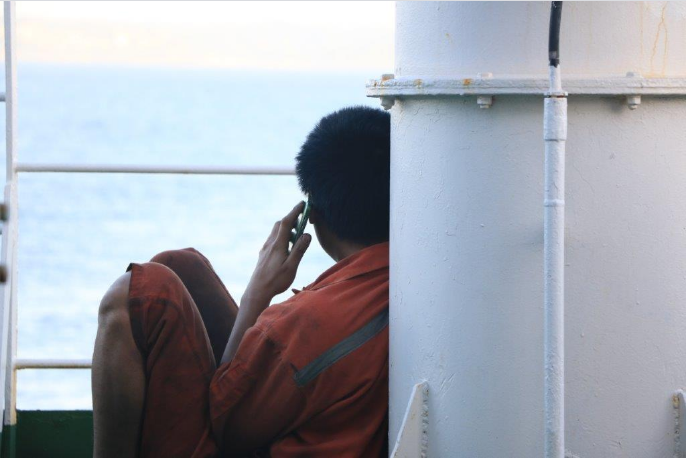
United Nations (UN) agencies including the International Labour Organisation, (ILO), International Maritime Organisation (IMO), United Nations Conference on Trade and Development (UNCTAD), Food and Agriculture Organisation (FAO), International Organisation for Migration (IOM) and the United Nations Human Rights Council (UNHRC) have jointly called on governments across the world to urgently address the humanitarian crisis being faced by the shipping sector, particularly seafarers and key workers in the face of the COVID-19 pandemic.
in a joint statement, the agencies noted that the maritime sector moves 80 per cent of global trade and is a crucial component of the global economy.
“As a direct result of the COVID-19 pandemic, this sector, and in particular the seafarers who drive it are facing severe challenges in making the necessary crew changes of seafarers,” the UN agencies said.
The statement emphasised that there is an important need to take swift and effective action to eliminate obstacles to crew changes, so as to address the humanitarian crisis.
“This is due, among other reasons, to restrictions on travel, embarkation and disembarkation in ports; quarantine measures; reductions in available flights; and limits on the issuing of visas and passports.
“It is because of the sacrifices of seafarers, who have continued working after their contracts have expired, that ports have remained open for trade, so allowing cargo operations to be carried out in a timely manner and goods to continue to circulate smoothly.”
The agencies said the world owes a great debt to seafarers for maintaining supply chains throughout the pandemic.
“Actions taken by many governments that limit or prevent ship operators from conducting crew changes is the single most pressing maritime operational challenge to the safe and efficient movement of global trade.
“This has created a humanitarian crisis, with approximately 300,000 seafarers trapped working aboard ships who cannot be repatriated, and an equal number of unemployed seafarers ashore because they are unable to board ships.
“Those on board have had their contracts extended, sometimes beyond 17 months, and are facing fatigue and physical and mental health issues, leading to fears of self-harm and suicide,” the statement said.
The statement lamented that rights of seafarers, as enshrined in the Maritime Labour Convention, 2006(MLC 2006), as amended, and other international instruments, have not been fully respected by all governments, notably their rights to shore leave, annual leave, a maximum period of service on board (11 months), repatriation, and access to medical care on board and ashore.
“The current rise in seafarer fatigue threatens the safety of maritime navigation. The efficient continuation of trade and the undisrupted functioning of supply chains will also be affected, because ships with fatigued seafarers cannot operate indefinitely. Commercial fishing, an important contributor to food security and livelihoods, is facing a similar crew change problem.
“It is therefore essential that all governments urgently recognise seafarers as key workers and take immediate, concrete action to eliminate obstacles to crew changes, so addressing this humanitarian crisis, ensuring maritime safety and sustainable shipping, and facilitating economic recovery from the COVID-19 pandemic.”